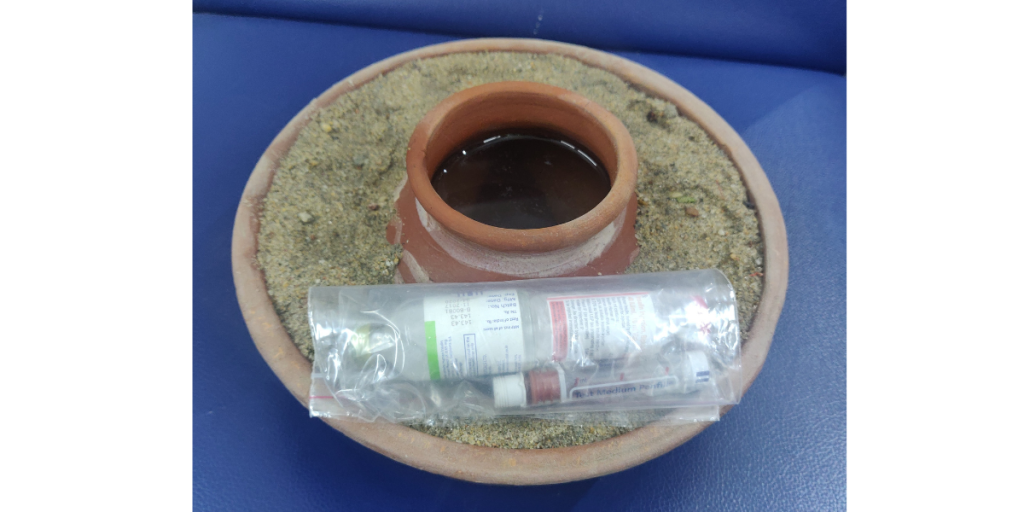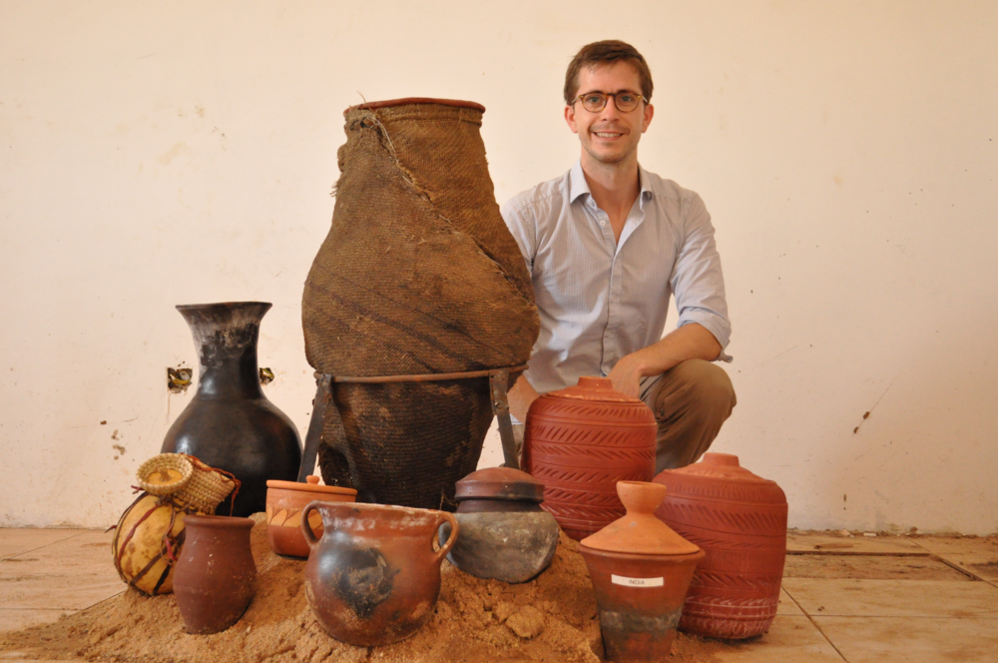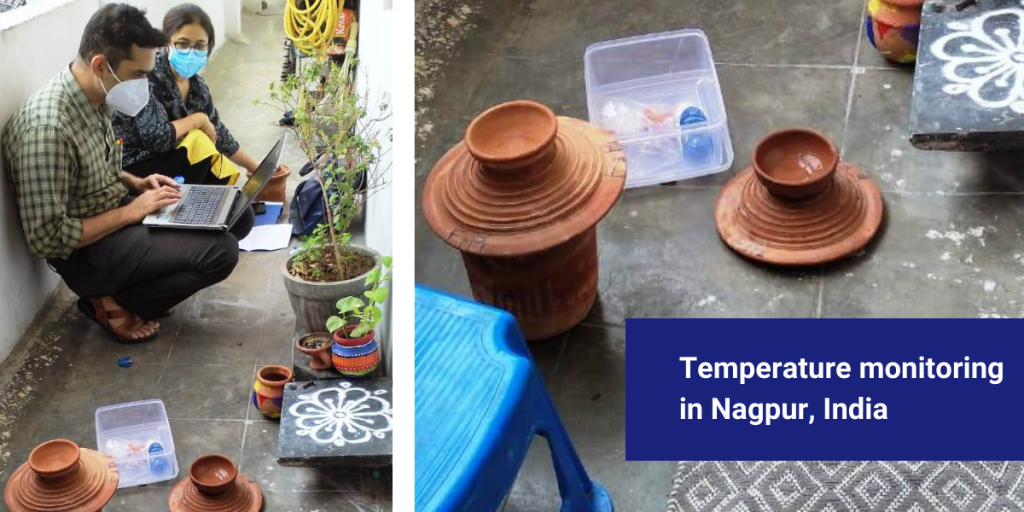Emma Klatman, our Global Advocacy and Policy Manager, shares her reflections on a new study by Life for a Child and partners: Insulin thermostability in a real-world setting.
In under-resourced settings, insulin scarcity elicits insecurity and anxiety for young people and families impacted by diabetes. Indeed, living vial-to-vial is a common reality for many. People in this unstable situation can be endangered further by lack of access to appropriate storage conditions for insulin – a medicine that can spoil if not stored correctly—leading to potential wastage.
It’s a scary situation to be in when your survival hinges on keeping limited vials of insulin safe from misplacing them, accidentally dropping them on the ground, or exposing them to temperatures that could potentially degrade their potency. Even when a family living in an under-resourced setting can access a secure quantity of insulin, their dwelling may not have electricity. In these circumstances, insulin is often stored in water-filled clay pots, or underground.

A water filled clay pot used to store insulin in India.
Current guidelines for insulin storage state that insulin should be stored in refrigerated settings (at 2-8°C), and never frozen. Once insulin is kept outside of a refrigerator, there is generally a maximum period of approximately one month at standard room temperatures (20–25°C) before it must be discarded. Given that existing data on insulin stability outside these recommended manufacturer guidelines are scarce, Life for a Child and local partners have long advocated for more research to be carried out in this area, to determine whether these guidelines could be loosened in circumstances where refrigerated storage is impossible.
It is for this reason that Life for a Child carried out a study with colleagues from the DREAM Trust (Nagpur, India), the University of Florida, and the University of Gothenburg looking at the potency of commonly used human and analogue insulin preparations in a real-world setting. The potency of insulin samples stored in a refrigerator, shaded areas, and clay pots was studied at intervals of one, two, and four months. This study took place during an Indian summer at a Life for a Child-supported clinic – the DREAM Trust in Nagpur.
This was a pilot study with a relatively small number of samples. However, the results showed that acceptable insulin potency was maintained up to two months for all samples of all insulin preparations. At four months, all samples from three analogue insulin preparations and three of four samples for each of the human insulins also maintained a relative potency of 95% or more. The results were comparable to another study done in simulated conditions done by the University of Geneva and partners.
The study also showed that storage of insulin in a container within a water-filled clay pot was effective in reducing storage temperatures, and also slowing the loss of insulin potency. This builds on previous work by Life for a Child and partners in the ‘Clay Pot Olympics Study’.

Michael K. Skjødt with a selection of pots from the ‘Clay Pot Olympics Study’.
Further studies with larger sample sizes and analysis of insulin function and integrity are needed. We also encourage insulin manufacturers to release further data that they may have in this area.
A deeper understanding of insulin stability outside refrigeration may possibly lead to loosening of storage guidelines. This could help reduce cost, waste, and family and professional anxiety about these challenging situations.
